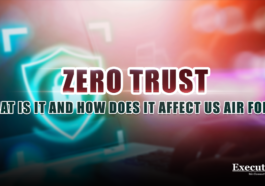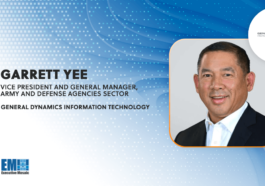Brian Conrad Named Zscaler Global Compliance Director
Brian Conrad, a cloud computing and cybersecurity expert, has joined Zscaler as director of global compliance and authorizing authority liaison. He will bring to the role his extensive experience in the military, federal government and industry to help the company's clients meet compliance priorities and advance zero trust implementation in support of their digital transformation goals, Zscaler said in a news release published April 4.













